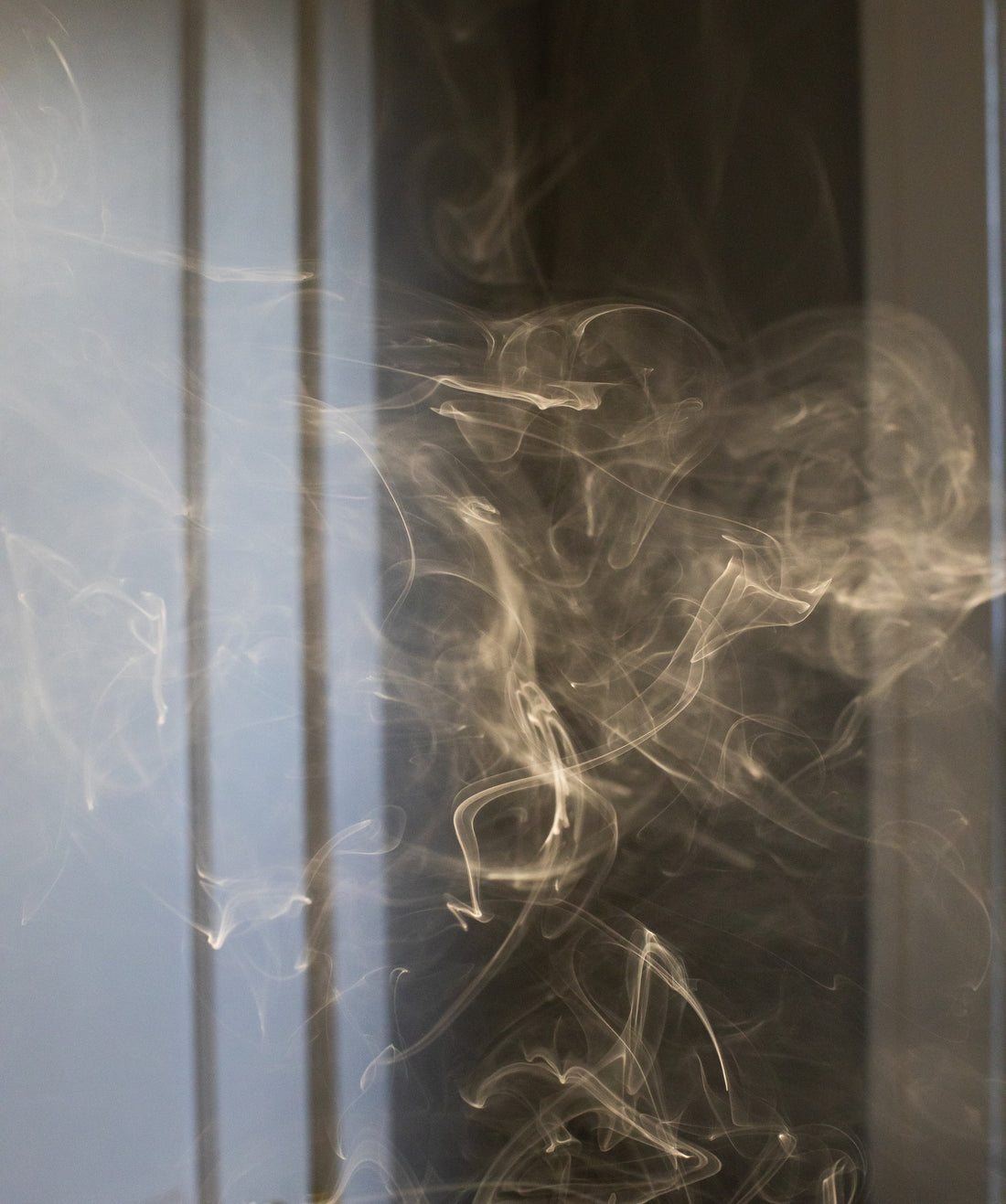
Assessment Of The Impact Of Stale Indoor Air On The Immune System
Share
Breathing in stale indoor air can affect human health in numerous ways. It can affect the functions of the respiratory and immune systems and even interfere with cardiac activities. The impact of stale indoor air on the immune system needs to be assessed in order to avoid the short-term and long-term consequences linked to pulmonary and immunological dysfunctions.
Indoor air pollution is a serious health concern causing millions of deaths every year. A large number of pollutants worsen the quality of indoor air. Therefore, it is important to identify the main sources of these pollutants and devise strategies to improve indoor air quality.
Here is a brief discussion about the impact of stale indoor air on the immune system and the most effective ways to avoid the complications associated with it.
What is the impact of stale indoor air on the immune system?
Harmful indoor pollutants
 Indoor environmental conditions have been found to contribute to human wellbeing to a great extent. Most people spend nearly 90% of their time indoors, primarily at home or at their workplace.
Indoor environmental conditions have been found to contribute to human wellbeing to a great extent. Most people spend nearly 90% of their time indoors, primarily at home or at their workplace.
Indoor air pollution is found to be responsible for a high risk of mortality and morbidity in millions of people across the world annually. Indoor air pollution is usually generated inside homes and buildings through the activities of occupants such as cooking, use of electronic devices, smoking, and the use of consumer products.
These activities can lead to the accumulation of stale indoor air that comprises a high level of carbon monoxide, volatile organic compounds, aerosol, particulate matter, and biological pollutants.
The impact of stale indoor air on the immune system could be linked to these pollutants and harmful gases. Stale indoor air may reduce the availability of oxygen to the healthy tissues of the body thus affecting our health at the cellular level. The reduced availability of fresh air may trigger inflammation resulting in the development of immunological dysfunctions such as insulin resistance, and autoimmunity.
Triggers allergic state
 The impact of stale indoor air on the immune system could be evident in the form of an increased risk of allergies, especially due to biological pollutants. The biological pollutants in stale indoor air include animal dander, cat saliva, cockroaches, mites, house dust, and pollen as well as microorganisms such as viruses, bacteria, and fungi.
The impact of stale indoor air on the immune system could be evident in the form of an increased risk of allergies, especially due to biological pollutants. The biological pollutants in stale indoor air include animal dander, cat saliva, cockroaches, mites, house dust, and pollen as well as microorganisms such as viruses, bacteria, and fungi.
These biological allergens act as antigens, and induce an allergic reaction by producing specific immunoglobulin E antibodies.
Stale indoor air may also contribute to the accumulation of allergens from furred pets (cat and dog dander), molds, plants, house dust mites, and rodents. It has been demonstrated that the exposure to these biological allergens could result in sensitization, respiratory allergic diseases, and respiratory infections.
The risk of these conditions is linked to the impact of stale indoor air on the immune system making it less efficient at preventing allergies and infections.
Promotes inflammation
Stale indoor air has been identified as a causative agent for inflammatory diseases affecting the lungs and other organs of the body. The adverse impact of stale indoor air on the immune system could contribute to chronic inflammation. The causative agents could be chemicals like formaldehyde, pesticides, xylene, and benzene. Typical sources of indoor emission of biological contaminants include cooling towers, filters, drain pans, wet surfaces, humidification systems, and water-damaged building materials.
Exposure to stale air that comprises these chemicals could be associated with acute infections like flu, as well as chronic lung diseases like COPD and emphysema. The inflammatory diseases caused due to the exposure to stale indoor air also include Legionnaires’ disease, humidifier fever, and hypersensitivity pneumonitis.
There is a need to assess the factors that contribute to the poor quality of indoor air. It is possible to protect yourself against the impact of stale indoor air on the immune system by:
- Airing out your house regularly, even during cold weather
- Get outside as often as you can
- Use low VOC paint
- Minimize chemical cleaning products and use natural products like vinegar
- Use air filters or an air purifier
- Keep indoor plants
- Use BioPro-Plus to help keep your immune system strong
BioPro-Plus is an immunity-balancing supplement that could improve the functions of your immune system and minimize inflammation, allergies, and other conditions linked to immunological dysfunctions. Regular use of BioPro-Plus is also expected to minimize the risk of acute and chronic diseases associated with the exposure to polluted indoor air by helping to regulate the activities of immune cells.
